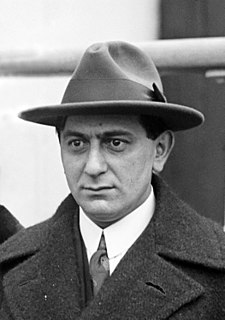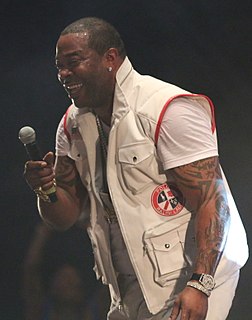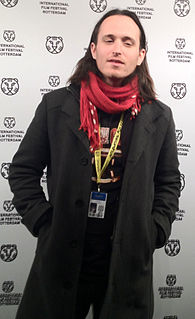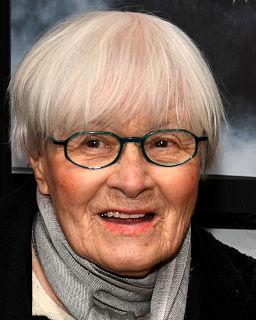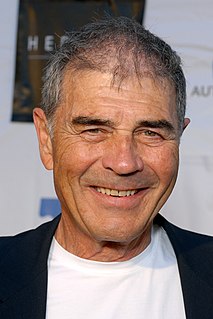A Quote by Ernst Lubitsch
Any good movie is filled with secrets. If a director doesn't leave anything unsaid, it's a lousy picture. If a picture's unsaid, it's a lousy picture. If a picture is good, it's mysterious, with things unsaid.
Related Quotes
What is an artistic picture? An artistic picture is very simple. The creator is not the producer. The creator is not the star. The creator is the director, the person who realizes the picture, like a poet, like an artist. The creator of the picture is free to do whatever he wants, how he wants to do it. That is an artistic picture.
If you want me to explain the picture, if you put it in reality, then the mystery goes away. The situation just catches you and you think it is absurd or mysterious and you just take the picture. You dont want to see the bare reality of what happened. I took the picture as the picture, not as the realistic story of what happened.
I don't see myself as a movie maker only. When I can do a picture, I do. But I don't work like a business, in pictures. I am not obliged to make one picture after the other in order to live. I write books, I write for comic books, I give lectures... I live. And when the opportunity comes to do a picture, I do a picture.
